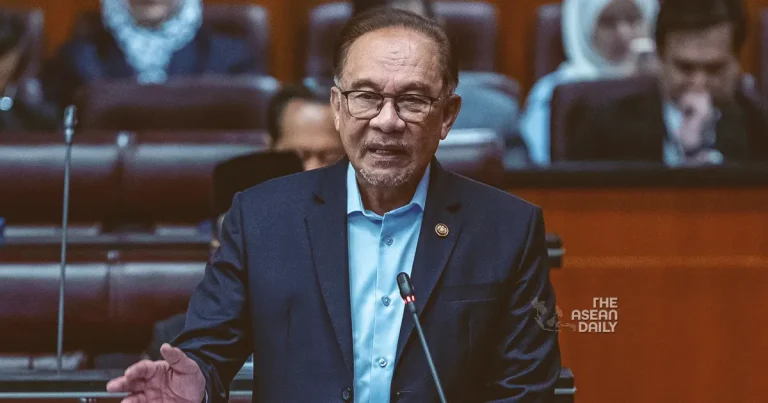9-8-2024 (KUALA LUMPUR) Prime Minister Anwar Ibrahim’s unity government in Malaysia appears to be gaining strength, contrary to initial pessimistic forecasts about its longevity. Twenty months after the contentious 15th general election (GE15) in November 2022, political analysts are reassessing their predictions, as Anwar’s administration shows signs of enduring stability.
The recent by-election in Kuala Kubu Baharu (KKB) has become a focal point for this shifting narrative. Despite concerns about Anwar’s waning support among Malay-Muslims and growing disillusionment among non-Malays, his coalition secured a larger majority than in previous polls. The Democratic Action Party (DAP) candidate, Pang Sock Tao, garnered 57.2% of the votes, surpassing her predecessor’s performance in the August 2023 state elections.
While a single by-election cannot definitively predict national trends, the KKB result highlights significant challenges facing the opposition Perikatan Nasional (PN) coalition. PN’s struggle to attract non-Malay voters has become increasingly apparent, with their ethnonationalist agenda failing to resonate beyond their core Malay support base.
The opposition’s difficulties extend beyond voter demographics. Internal tensions between PN’s component parties, Parti Islam SeMalaysia (PAS) and Parti Pribumi Bersatu Malaysia (Bersatu), are threatening the coalition’s cohesion. PAS’s reluctance to fully support Bersatu candidates, as seen in KKB, suggests growing discord within the alliance.
Bersatu, led by former premier Muhyiddin Yassin, faces its own crisis with a series of MP defections to Anwar’s government since October 2023. These departures, primarily motivated by access to federal funding, have weakened Bersatu’s position and raised questions about its value as a coalition partner.
In contrast, Anwar has skilfully leveraged his control over government resources to consolidate power. A recent 13% salary increase for public sector workers has swayed support from traditionally opposition-leaning groups like police and military personnel. The promise of development funds has also tempered criticism from opposition-held states, with even outspoken figures like Kedah’s PAS Chief Minister Muhammad Sanusi Md Nor moderating their stance towards the federal government.
Anwar’s strategic concessions to East Malaysian states, granting greater autonomy to Sarawak and Sabah, have further strengthened his position. This approach has helped secure crucial support from these politically significant regions, where PN’s hardline Islamist rhetoric finds little traction.
As PN grapples with internal divisions and a limited voter base, Anwar’s unity government appears increasingly stable. The opposition’s inability to present a cohesive alternative, coupled with Anwar’s adept use of federal resources, suggests that early pessimism about the government’s survival may have been misplaced.




